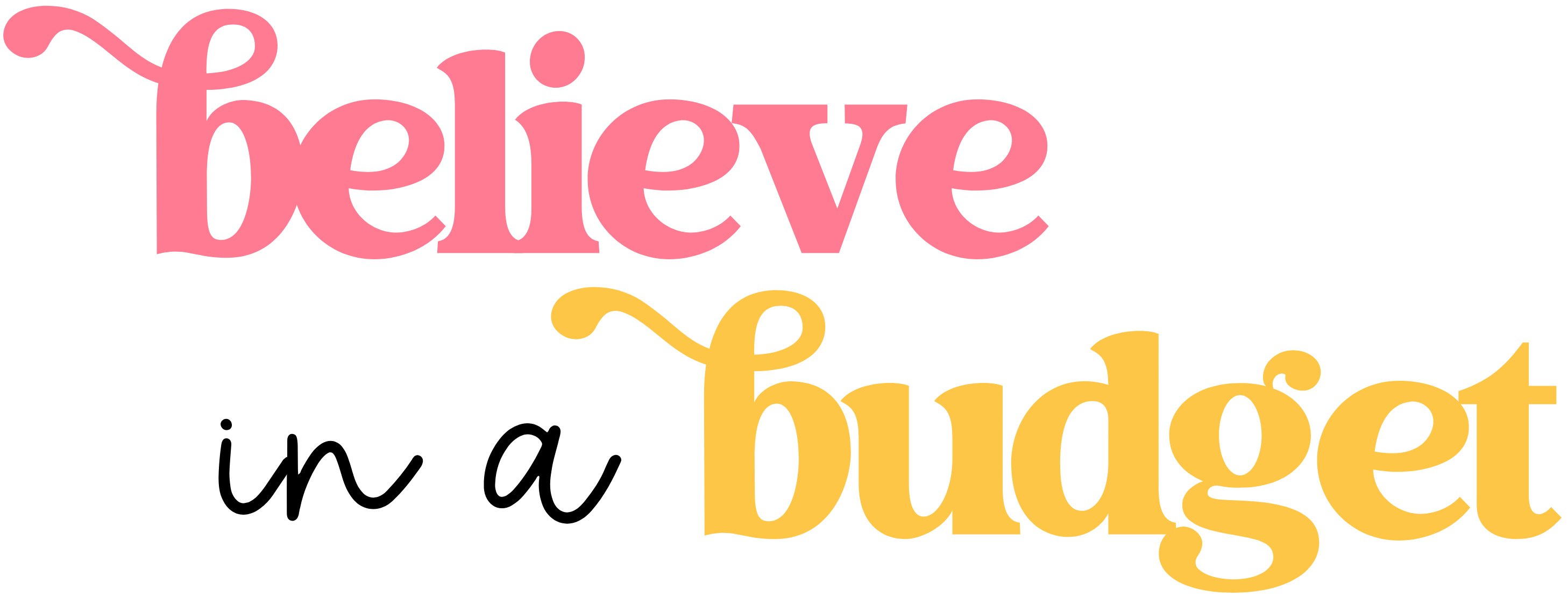How to Become a Proofreader This Year (Earn $1,000+ Each Month!)
Need a new side hustle? Learn how to become a proofreader this year!
Proofreading feels like one of those fancy jobs in the publishing realm – one only a wack load of experience and possible nepotism could get you.

But in fact, proofreading is a super accessible side hustle for anyone with the right skill set. Online proofreaders work in remote positions with flexible hours and workloads.
Whether you work for an agency or offer freelance proofreading, this can be a lucrative side hustle that’ll help you reach your financial goals.
Convinced yet?
Let’s dive into how to become a proofreader.
Related
- The Best Side Hustles for Animal Lovers
- 50 Ways to Make Extra Money
- Easy Side Hustles: Start Earning Money Today
- Summer Side Hustles
- How to Make $500 a Month with Print-on-Demand
How to become a proofreader: What you need to know
To set you up for success, here are a few things you’ll need to know before working as a proofreader.
What is a proofreader?
As a proofreader, you’ll be working with a variety of texts, reviewing them for errors.
Proofreaders check for any errors in spelling, punctuation, formatting, and grammar before the content goes to publish.
In short, proofreaders focus on the most minute details of text.
What’s the difference between proofreaders and copy editors?
While proofreaders focus on the small details, copy editors have a wider scope.
Editors may revise and rewrite a piece, rephrasing text for both style and accuracy. They also ensure that the text fits the required tone and is comprehensible for target readers.
Necessary skills
As a proofreader, your biggest asset is a strong attention to detail. Your work is precise and thorough, so concentration skills are a must.
You’ll also need an excellent understanding of punctuation and grammar. There are programs that can streamline this process, but you should be able to rely on your knowledge when needed.
Other necessary skills include:
- Broad vocabulary
- Knowledge of style guides
- Digital proficiency
- Strong reading comprehension
Do you need special qualifications to be a proofreader?
No English degree is required here!
Most proofreading positions don’t require specialized education, provided you have the necessary skill set.
With this said, a background in journalism, communications, or a related field is always a plus.
If you’re working for an agency, they’ll likely require that you take a proficiency test to confirm your proofreading skills.
They may also require a training course to refine your proofreading abilities.
Expected salary
Indeed reports that proofreaders take home an average of $53,719 per year.
For freelance proofreaders, this translates to an average of $22.66 per hour.
This can quickly turn into a lucrative side hustle, earning you an extra $1000 each month with just an 11-hour work week.
How to get started as a proofreader
Think being a proofreader is the side hustle for you? Let’s get started!
1. Refine your skills
The first step in how to become a proofreader is to brush up on your literary skills.
This might look like taking a specialized course in proofreading, learning systems to best spot and correct errors.
You’ll also want to learn the specifications of major style guides including APA, MLA, and Chicago Manual.
2. Seek experience
Practice makes perfect!
Before you start offering your expert proofreading skills, you’ll want to gain practical experience in the field.
Getting started can be tricky, so it may be a good idea to volunteer your services to a non-profit to start. This way, you’ll be giving back while perfecting your craft!
For compensated work, reach out to friends, family, and colleagues who may require proofreading support. Working for a discounted rate is a good way to earn a bit of extra cash through your learning process.
3. Develop a portfolio
All that practice is about to pay off.
When seeking clients for your proofreading services, you’ll need some examples of previous work.
Gather your best examples from the work you’ve completed to date. This will change as you continue to gain new clients and more experience.
In this line of work, a portfolio is even more important than a resume because it gives concrete proof of your abilities.
4. Consider agency vs. freelance
Consider whether you’re interested in freelance proofreading, or contracting your work with an agency.
There are pros and cons to both options, so it’s just about picking the one that works for you!
- Flexibility: Freelance work can be more flexible, while agency work is better for those who prefer a routine.
- Compensation: You’ll likely earn more working directly with clients rather than through an agency, cutting out the middleman.
- Job security: Working with an agency offers a more predictable workflow. Freelance work has very little job security.
- Customer contact: Agency work offers a degree of separation from the client, suiting introverts. With freelance, you’re working directly with the client, requiring higher levels of communication.
- Projects: As an independent freelancer, you get total control over which projects you take on. With agency work, you’ll be assigned projects based on their discretion.
Who is hiring proofreaders?
Proofreading is a high-demand profession, with clients ranging from small businesses to major publications.
There’s no shortage of opportunities out there – you just need to get out and find them!
Start with:
5. Market your business
There’s nothing better in the side hustle world than when the work comes to you!
To market your proofreading services, set up a landing page where potential clients can find you. This could be an Instagram profile, website, or Facebook page.
For best results, strive for consistency with your marketing, regularly updating social media, including testimonials, and engaging with content in your field.
How to become a proofreader: The bottom line
Proofreading can be an excellent side hustle or full-on career for anyone who is patient, meticulous, and has a passion for the written word.
It’s a rewarding and attainable way to work in publishing, helping to perfect texts before they’re sent out to the world.
Time to get out there, logophile!







